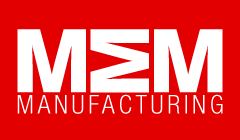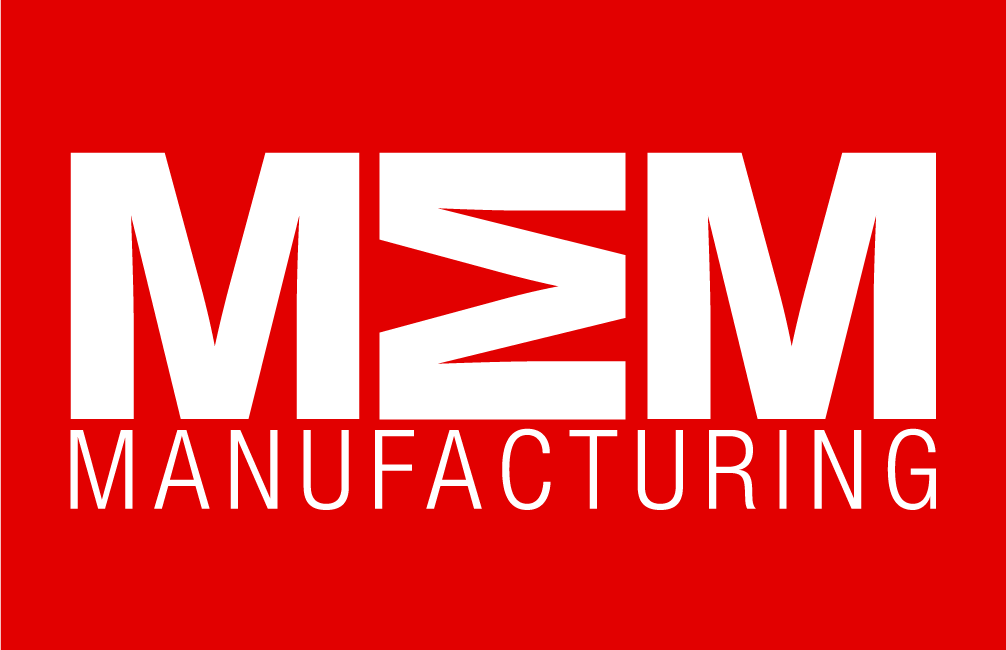Global Customer Relationship Management (CRM) software revenue reached $39.5 billion at the end of 2017 and its market dominance is set to continue in 2018, with predictions that it will become the largest and fastest-growing software market, at a growth rate of 16%. As Industry 4.0 and the move to servitization are having a major impact across the manufacturing industry, the role of CRM has never been more important.
CRM has been traditionally used within sales and marketing due to its focus on relationship management between a business and its customers. However, now many enterprises are starting to see the broader potential of CRM and realise that it is possible to extend its life by utilising it across different areas of the business. It can be integrated as a versatile system, applicable to myriad of projects to fulfil a multitude of business needs.
“In order to maximise its capability, you must look at CRM in a new light – as an extended web-based framework – giving you greater control, more flexibility, and better connectivity. It should be used to reach out beyond sales, picking up on the wider relationships that an organisation may have; within the context of what their main activity is,” said Paul Muggleton, CRM Service Director, HSO.
CRM has the potential to help an organisation with the specifics around its relationships. For example, global manufacturer Kohler Co. used the system to improve the EMEA accounts payable processes for suppliers. By combining Microsoft Office 365 with Microsoft Dynamics 365 for Sales, the company automates invoices via email to reduce the number of supplier queries – which they can now track. This solution freed up around a quarter of the accounts team capacity, resulting into stronger supplier relationships and better leverage for negotiations.
Moreover, its functionality can be extended through the use of third party applications, ranging from tools that improve the efficiency of the framework to complete applications that supplement the core solution. The combination of new framework tools, coupled with the variety of add-on products, has in recent years, widened the ability to extend the functionality of the core CRM solution.
Manufacturing & Engineering Magazine | The Home of Manufacturing Industry News
















